In fact, a dubious transaction or scam refers to criminal financial transactions. The control over this is carried out by Rosfinmonitoring. You must always proceed with caution, as dishonest people come up with new ways to make money. If a financial transaction is suspicious and carries signs of a dubious deal, government agencies will pay attention to this.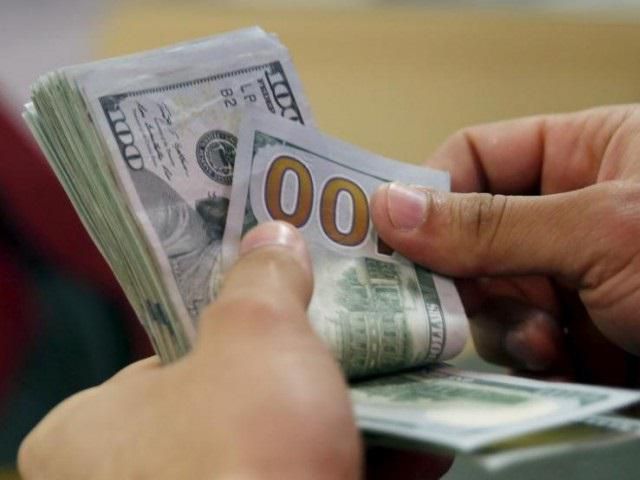
The concept and consequences of a dubious transaction in the Civil Code of the Russian Federation are defined in a number of articles. Nevertheless, there is a lot of conflicting information around her. In this article, we will examine what this concept means, what features it has and what entails consequences.
Signs of doubtful money transactions
In this case, the warning works: “Caution: scammers!”
So, the following cash transactions may attract the attention of Rosfinmonitoring:
- purchase or sale by an individual of rubles or foreign currency, if its amount is more than 600 thousand rubles .;
- receipt by an individual of cash on a check, if issued by a non-resident of the Russian Federation to bearer;
- purchase by an individual of securities for cash;
- deposit of cash by an individual into the authorized capital of a legal entity;
- exchange of banknotes of one denomination for banknotes of another denomination.
Signs of illegal transactions with bank deposits
If we talk about bank deposits, then here are the suspicions of the following operations that have the criteria for a dubious transaction: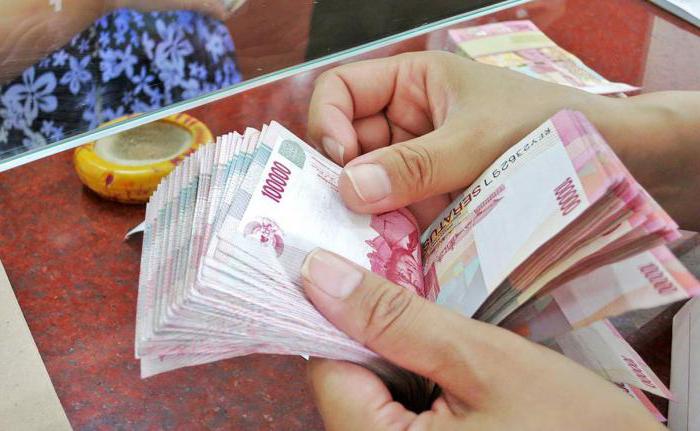
- if a deposit with financial resources placed on it is made to bearer;
- if a deposit with cash placed in cash is opened in favor of third parties;
- if funds were transferred to an anonymous foreign account or received from an anonymous account from abroad;
- if finances were credited or debited from the legal entity’s deposit registered less than 3 months ago, or there were no financial movements in the account of this legal entity from the moment of its registration.
Unscrupulous transactions with movable property
Doubtful transactions in this case bear such signs:
- Sale or purchase of jewelry (scrap), precious metals or stones.
- Receipt or delivery to the pawnshop of precious metals, jewelry (scrap), precious stones.
- Leased property (finance lease).
- The transfer of finances carried out by non-credit organizations in connection with the instruction of their clients.
- Getting a loan not burdened by interest, if provided by a non-credit organization.
- If an insurance indemnity is paid in favor of an individual or an insurance premium is received from an individual for accumulative insurance or pension provision.
- Payments of lottery wins, wins on sweepstakes, etc., including electronic ones.
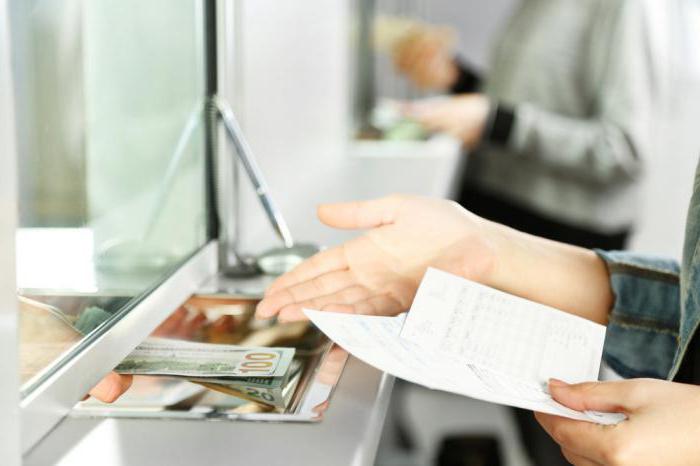
What else gets attention?
Also, the attention of regulatory authorities is attracted to real estate transactions, the total amount of which equals or exceeds 3 million rubles (or in foreign currency). Financial transactions of legal entities or individuals that do not follow the recommendations of such an international organization as the FATF (the Group for the Development of Measures against Money Laundering) are considered dubious. If the involvement of an individual or legal entity in terrorism or extremism is proved, then all direct or indirect monetary transactions proceeding from them are also regarded as doubtful transactions.
Questionable transaction from the point of view of tax authorities
Tax authorities, considering dubious transactions, use the concept of "unreasonable tax benefit."This is most often associated with the activities of one-day firms or with the overvaluation of the value of a transaction. Tax authorities are also noticing that those transactions that are not typical of a business are irregular and have no commercial justification. When the head of the company decided to conduct a dubious transaction through the accounting department, he will try to choose its purpose as what fits into the framework of the legal field.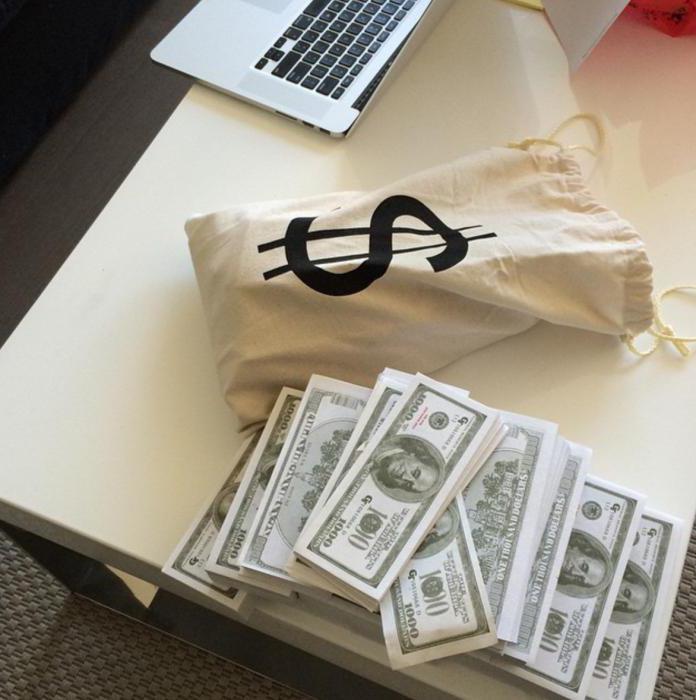
As a rule, there is a cashing out of financial resources in order to replenish the current processes or pay dividends to owners. But sometimes financial transactions are not linked in any way with the tax authorities' data on the organization, for example, the costs recorded for repairs do not correspond to realistic figures, or the cost of a continuing education course for employees is too high for this state and their salary rates. All such inconsistencies will be a signal for the tax authorities and will encourage them to familiarize themselves with counterparties to such transactions. The largest number of questions, as a rule, are caused by such types of services as consulting, vocational, information support, corporate events, etc. However, withdrawal of money is also possible with the help of ordinary contracts for the supply, provision of services, etc., of which one may doubt the reality tax authorities.
Caution: scammers!
The important features of real firms, unlike one-day firms, are as follows: a company has an office or other premises for rent, it has a staff of employees and a salary fund, a director, vehicles for rent or ownership, it regularly submits tax reports, etc. Fictitious companies do not have much of the above, and their search by the tax authorities begins with the determination of the person who is the CEO. It often happens that a person, indicated in the documents as the head of a particular company, does not even know about the existence of this company. In this case, the contractors of this company are in big trouble. The next step is to search for the office of the company or data on the lease. If there is no suspicious organization at the indicated address, then an act will be drawn up, and together with other evidence, it will initiate a tax dispute that will be brought to the counterparties of the company. Therefore, bona fide entrepreneurs are encouraged to look at the second side of the contract through the eyes of a tax specialist, this will help to avoid the conclusion of "unreasonable tax benefit" and other troubles.
The consequences of doubtful transactions
If a bank transaction or transaction is considered doubtful, then this will turn into unpleasant checks. The supervisor will require bank employees to submit all documents that can justify its legality. If this does not happen, a criminal case will be instituted (Articles 174, 174.1, 175). The last article implies the responsibility of the organization that has suffered from the illegal activities of its counterparties. Thus, if you yourself, without knowing it, entered into financial and legal relations with unscrupulous partners, everyone will be responsible for this. And proving your innocence will be on you. Alas, in this case the presumption of innocence is very arbitrary.
If it is impossible to prove the legality of the transaction or operation, the punishment may be up to ten years in prison. The minimum sanction is a fine of 120 thousand rubles. The amount of a dubious transaction (up to 6 million rubles or exceeding this value) will play a role in determining the punishment.

Banking nuance
Banks have the practice of setting an additional percentage or commission for completing a dubious transaction, and in most cases, customers are not even aware of it. Thus, if your financial transaction seems dubious to bank employees, then you will not be credited with ten or more percent of the total transfer amount.By the way, by law banks cannot charge such fees, so if you have nothing to hide, and you are sure that the documents on this transaction are in order, then you can return the deducted amount through the bank's management.
But often it is at the bank that you will be asked to provide all evidence of the reality of the transaction (for example, an agreement). If this is done, then the question will exhaust itself.
Doubtful deal as a way to avoid tax
For business representatives, the consequences of identifying an illegal transaction will result in an additional charge of income tax and VAT. But sometimes such operations are classified as tax evasion, in which case the entrepreneur faces criminal liability. If such concerns have arisen, then you need to contact an arbitration lawyer for advice. You also need to try to restore or prepare all the documentation for the transaction, which will remove the suspicions of the tax authorities. It is also possible to appeal the results of the audit to the Arbitration Court.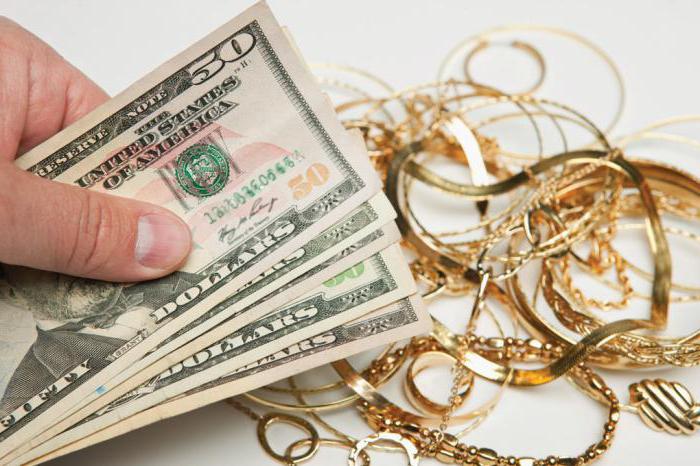
Conclusion
Thus, we see that parts of doubtful transactions can be avoided by being careful in choosing counterparties, drawing up contracts, etc., because fraud and doubtful transactions are almost synonymous. The other part of them requires complete conscientiousness in the preparation and storage of documentation, so that in the case of verification, it is possible to prove its full legitimacy.